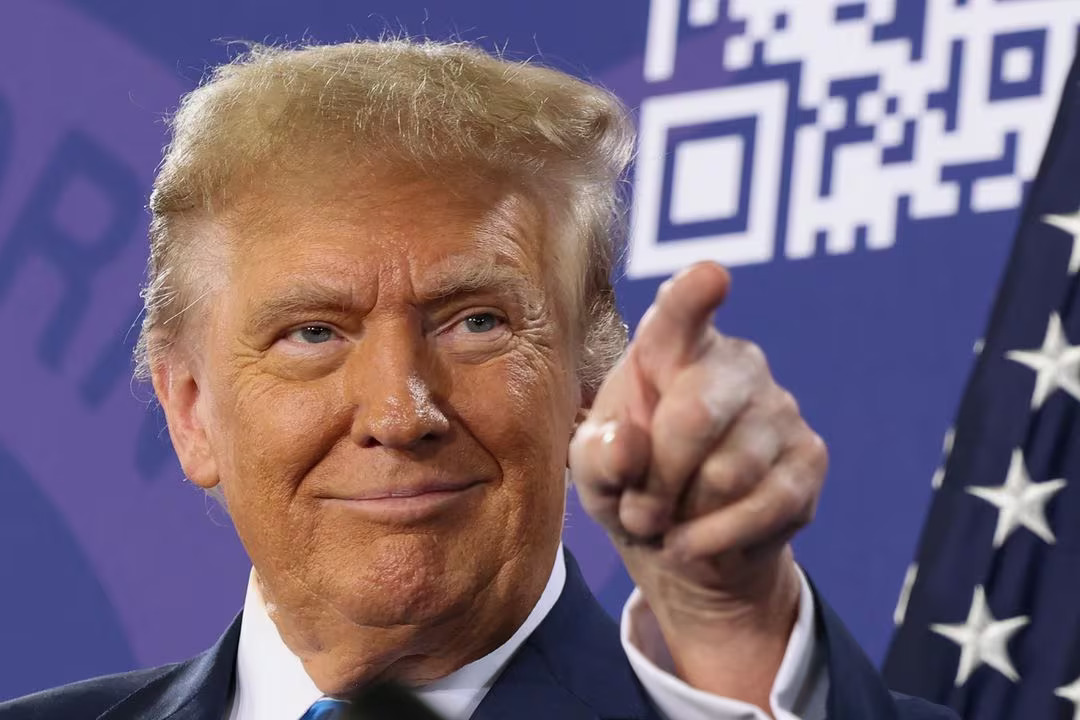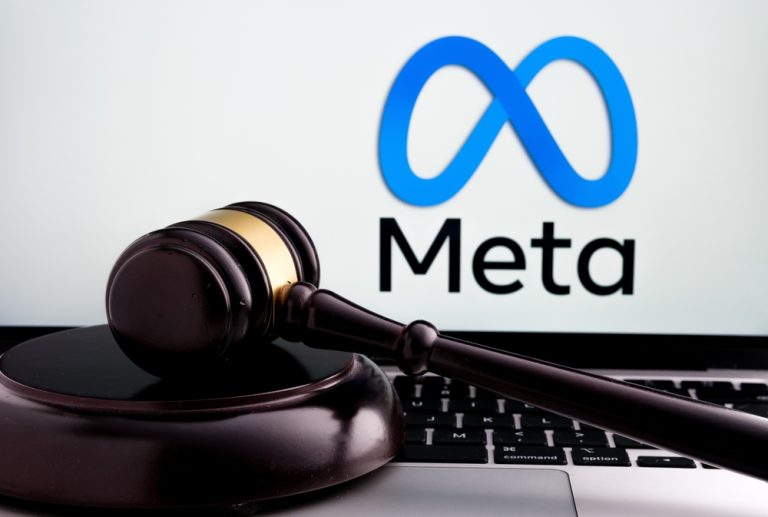In a significant development that could reshape the political landscape ahead of the November elections, the U.S. Supreme Court appears poised to side with former President Donald Trump in a legal battle that has far-reaching implications. During a session that lasted about two hours on Thursday, the justices, both conservatives and liberals, exhibited a marked skepticism towards a Colorado court’s decision to disqualify Trump from the state’s Republican primary ballot. This decision was based on allegations of his involvement in the insurrection during the Capitol attack in 2021, invoking the U.S. Constitution’s 14th Amendment.
The core of the debate centred on Section 3 of the 14th Amendment, which prohibits individuals who have engaged in insurrection against the Constitution from holding public office. The justices grappled with the ramifications of allowing individual states to enforce this disqualification, pondering whether such a significant determination should be national in scope and necessitating Congressional legislation.
Chief Justice John Roberts voiced concerns about the potential for a domino effect, where a single state’s decision could trigger a cascade of similar actions across the country, thereby centralizing the power to influence presidential elections in a few states. “It’ll come down to just a handful of states deciding the presidential election. That’s a pretty daunting consequence,” Roberts remarked.
The discourse also touched upon the essence of democracy and the right of the people to choose their leaders. Justice Brett Kavanaugh, a Trump appointee, emphasized respecting the electorate’s choice, cautioning against a scenario where state decisions significantly disenfranchise voters under Section 3.
The argument against Trump’s disqualification was starkly summarized by Jason Murray, who represented the plaintiffs seeking to keep Trump off the ballot. He argued that Trump’s alleged actions to disenfranchise voters in the 2020 election merited his disqualification. Yet, Trump’s legal team countered, suggesting that even if a candidate admitted to engaging in insurrection, the decision on their eligibility should come post-election, potentially to be resolved by Congress.
Trump, commenting from Florida, expressed confidence in the strength of his legal arguments and his belief in the Supreme Court’s judgment. His remarks underscored his perception of the case as part of a broader attempt by opponents to prevent his candidacy while maintaining faith in the judicial system.
As the nation awaits the Supreme Court’s ruling, the case echoes the Court’s significant role in the 2000 presidential election, underscoring the judiciary’s pivotal position in determining the contours of American democracy. The decision, expected to be delivered before the November elections, will affect Trump’s political future and set a precedent for how the Constitution’s provisions are interpreted and applied in the context of electoral politics.























+ There are no comments
Add yours